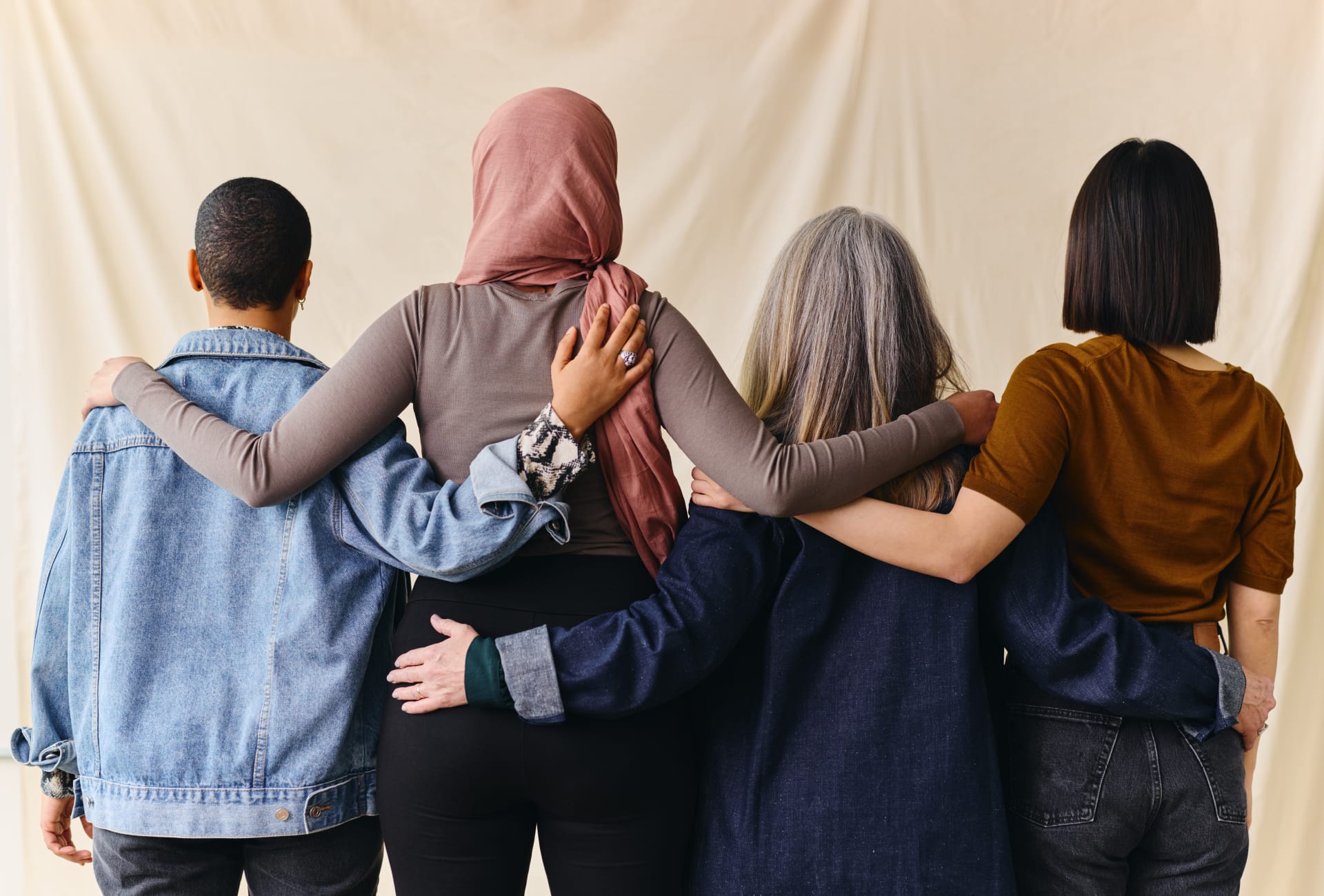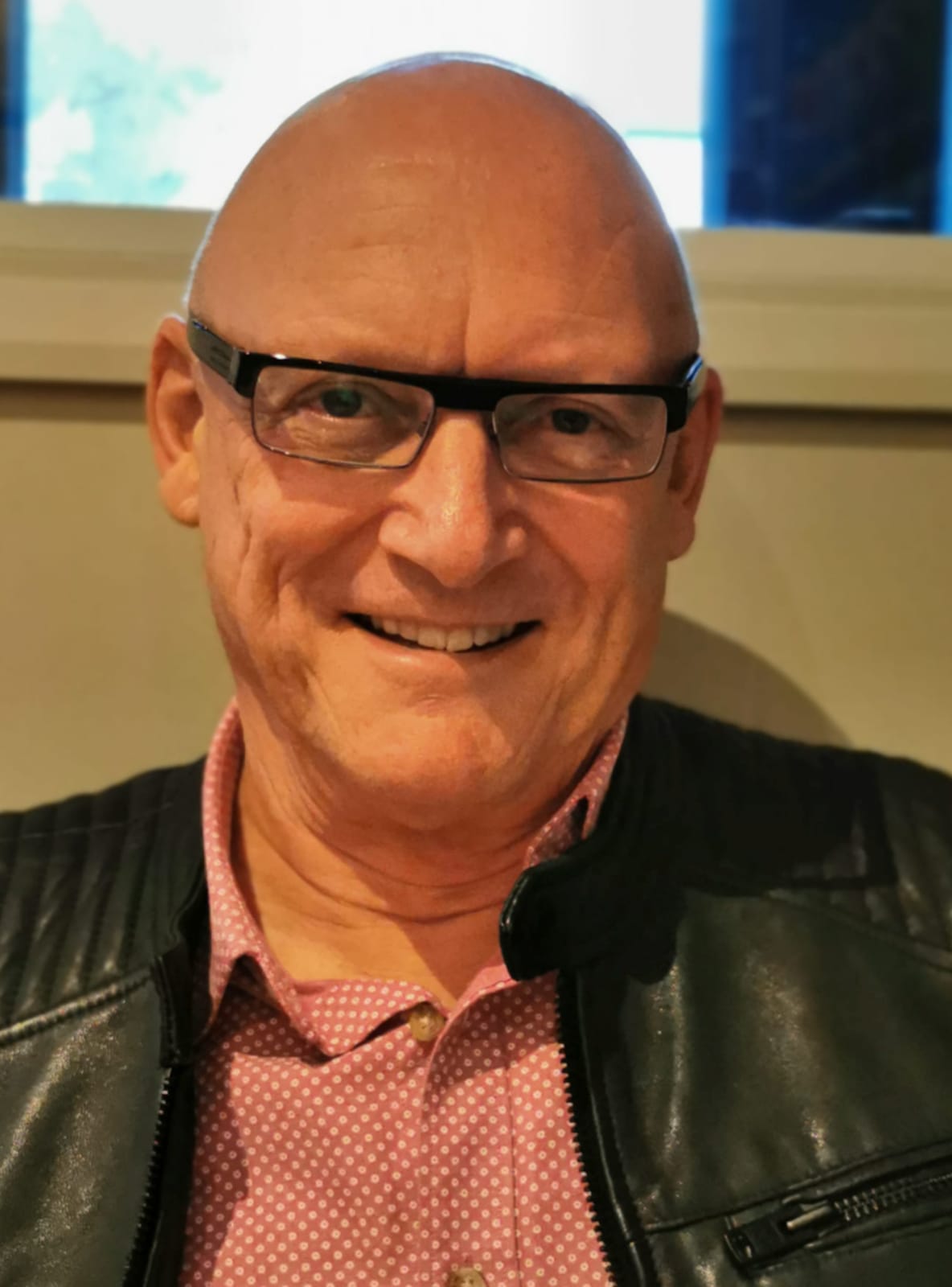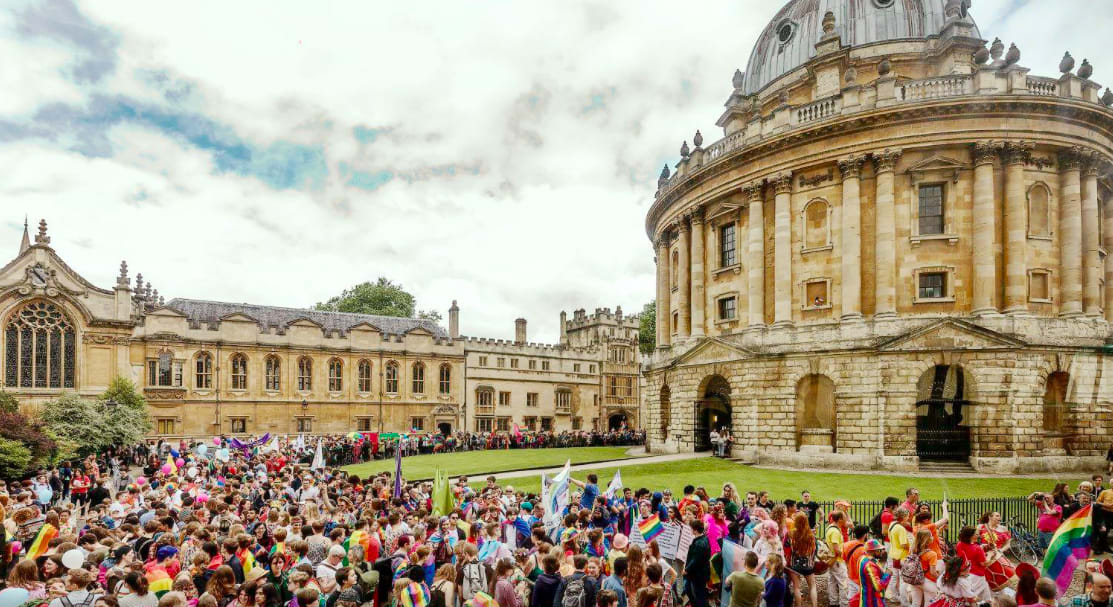Language has seen a surge of importance over the last decade as increasingly, people have used it to express their identity, whether that be in the form of gender pronouns, terms to describe different sexualities, races or ethnicities.
Understanding the etymology of words has also ruled some of them out due to their origins being rooted in racism, homophobia, or sexism. Gen Z’s emphasis on the importance of some words and their aversion to using slurs, has resulted in us being dubbed as The Snowflake Generation: fragile and sensitive. Whatever. I think most of us can agree, there are worse environments to raise your kids in.
A recent, rather harrowing documentary took us back to the interesting period in which I grew up – the noughties, or the really f*cking terriblies. A time of the Libertines, Big Brother, and Heelys, where sensitivity and respect were actively discouraged. A time where tabloids could be much less subtle about their woman hating, and where Russell Brand was ‘hidden in plain sight’ whereas now of course, he can only be found up Wim Hoff’s ars*hole.
The Dispatches documentary, if you haven’t watched it, was about various sexual assault allegations made against Russell during his time within the mainstream, but also showed just how toxic the industry can be for women. We saw Brand not just enabled in his behaviour, but indulged.
This case is unique amongst the countless others because, instead of her word against his, we all saw it unfold: we were all ‘unsurprised’, and we all heard his jokes. By automatically believing survivors, some argue, we’re branding someone as guilty before an investigation, but this really isn’t true. Meeting a survivor’s story with empathy is a valid response. In what other instance would we treat an alleged victim with anything but sympathy? A child runs inside because they’ve been stung by a wasp – are we going outside to see if the wasp seems like that kinda guy?
This isn’t a time for social media-fuelled speculation. To paraphrase a quote from Daniel Sloss, ‘just because you’re not part of the problem doesn’t mean you’re part of the solution’. Be active in your support, call people out – use your words.









